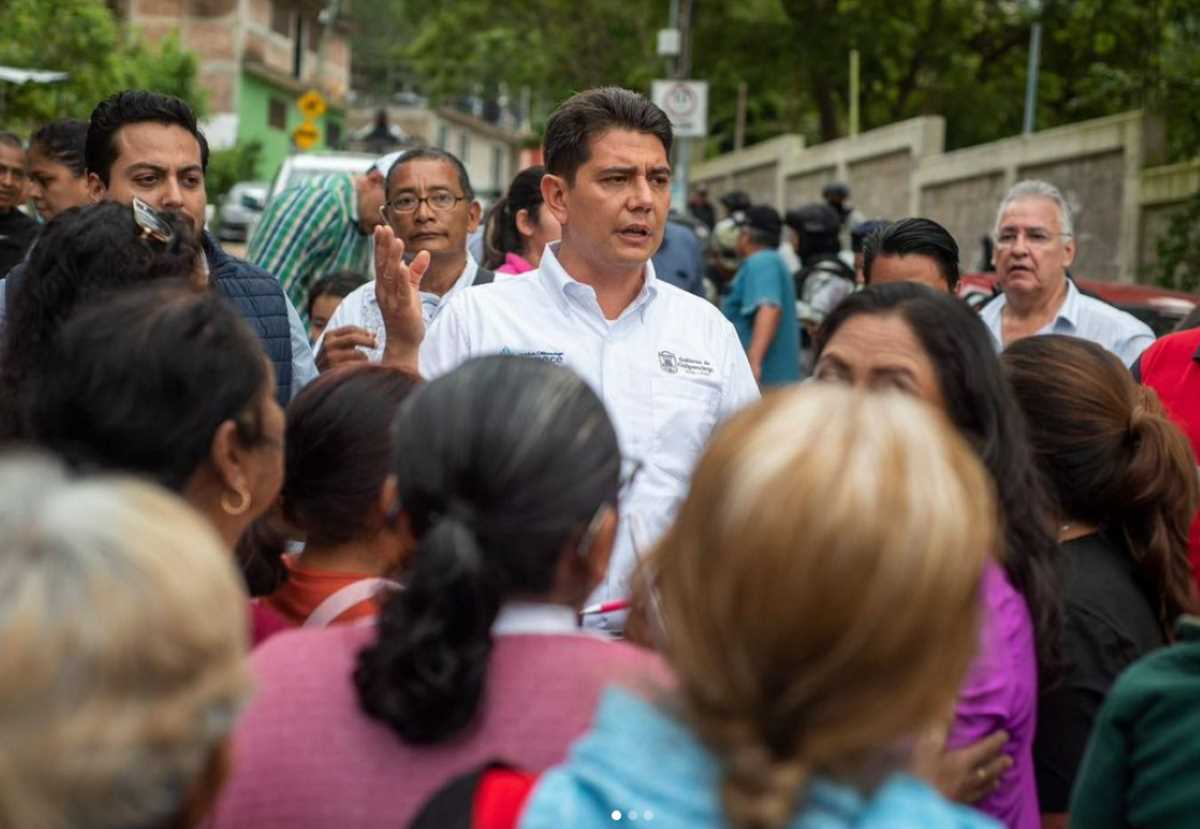Mayor of Chilpancingo Murdered Just Six Days into Office
The mayor of Chilpancingo, Guerrero, Alejandro Arcos Catalán, was brutally murdered six days after assuming office. His general secretary, Francisco Gonzalo Tapia Gutiérrez, was also killed a few days earlier.

In a shocking wave of political violence, Chilpancingo, the capital of Guerrero, Mexico, has been thrust into national headlines following the brutal murder of Mayor Alejandro Arcos Catalán. Arcos, who had only been in office for six days, was found decapitated in the Villas del Roble neighborhood on Sunday, October 6. His death, which followed the assassination of his general secretary, Francisco Gonzalo Tapia Gutiérrez, just days earlier, has sent shockwaves through the country, deepening concerns about the fragile state of governance and security in the region.
Alejandro Arcos Catalán, a member of the Party of the Democratic Revolution (PRD), had barely settled into his new role when his life was cut short in one of the most gruesome political killings in recent Mexican history. His assassination comes at a time of heightened insecurity in Guerrero, a state already notorious for its high rates of violence and its entrenched issues with organized crime.




